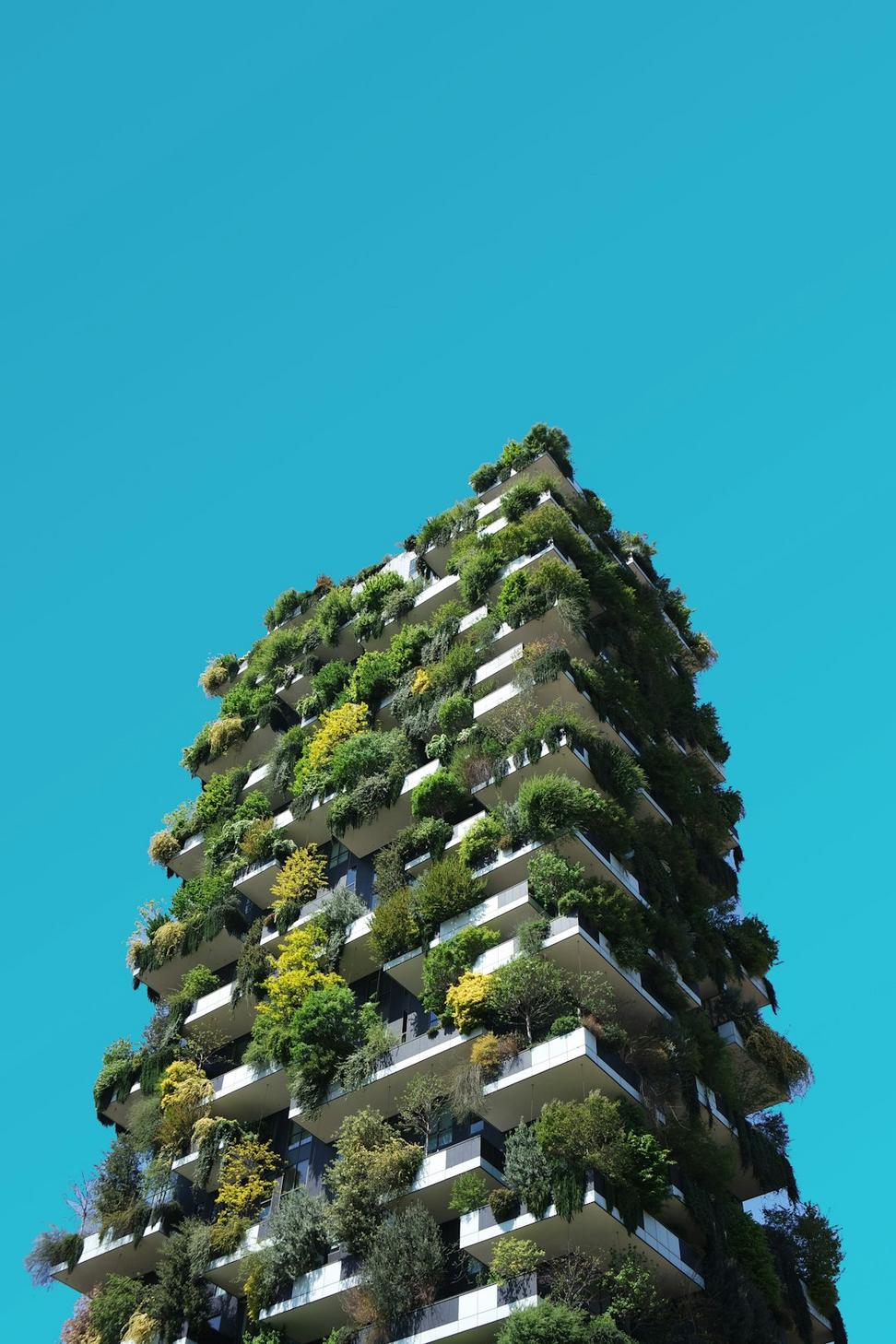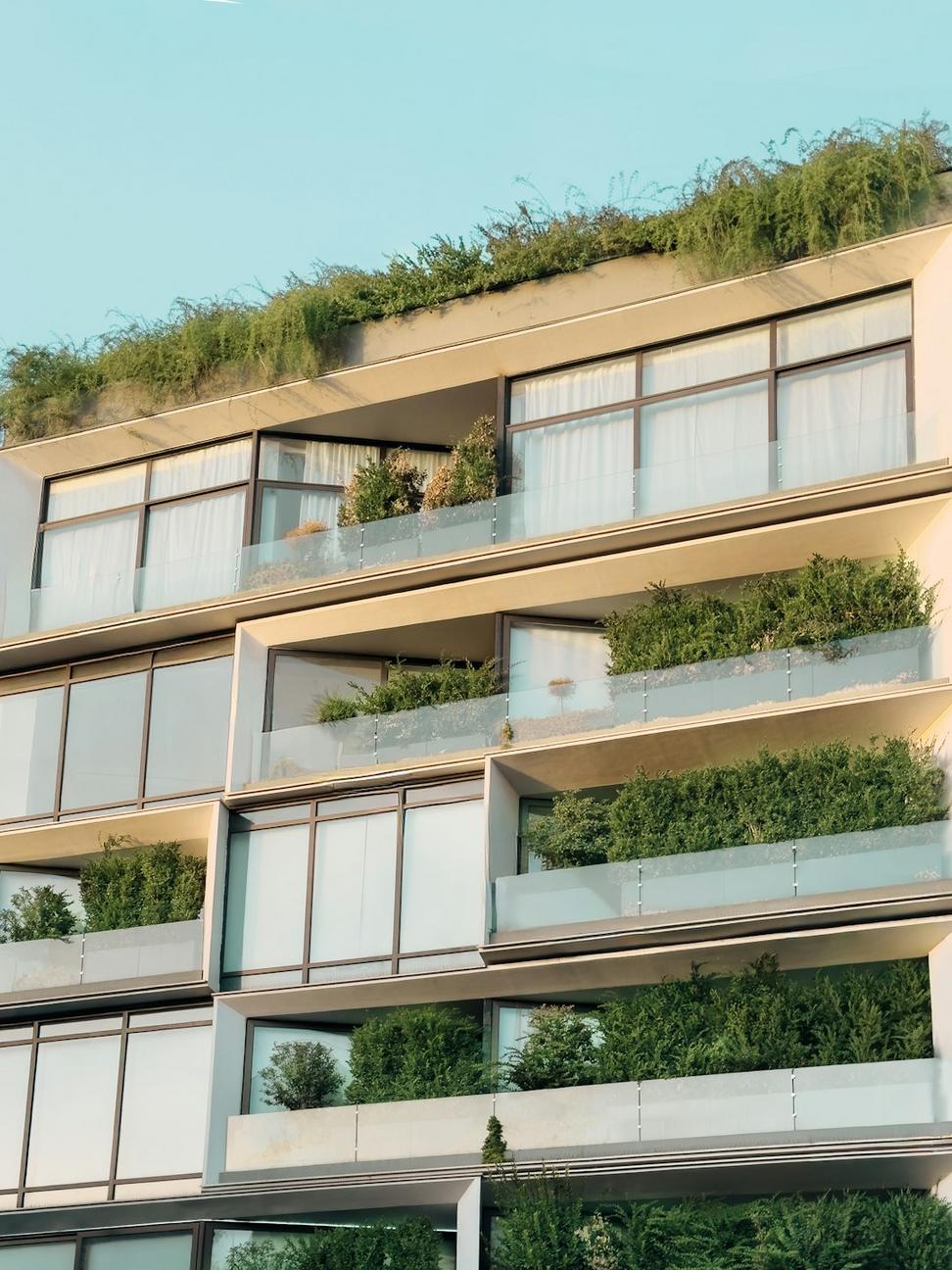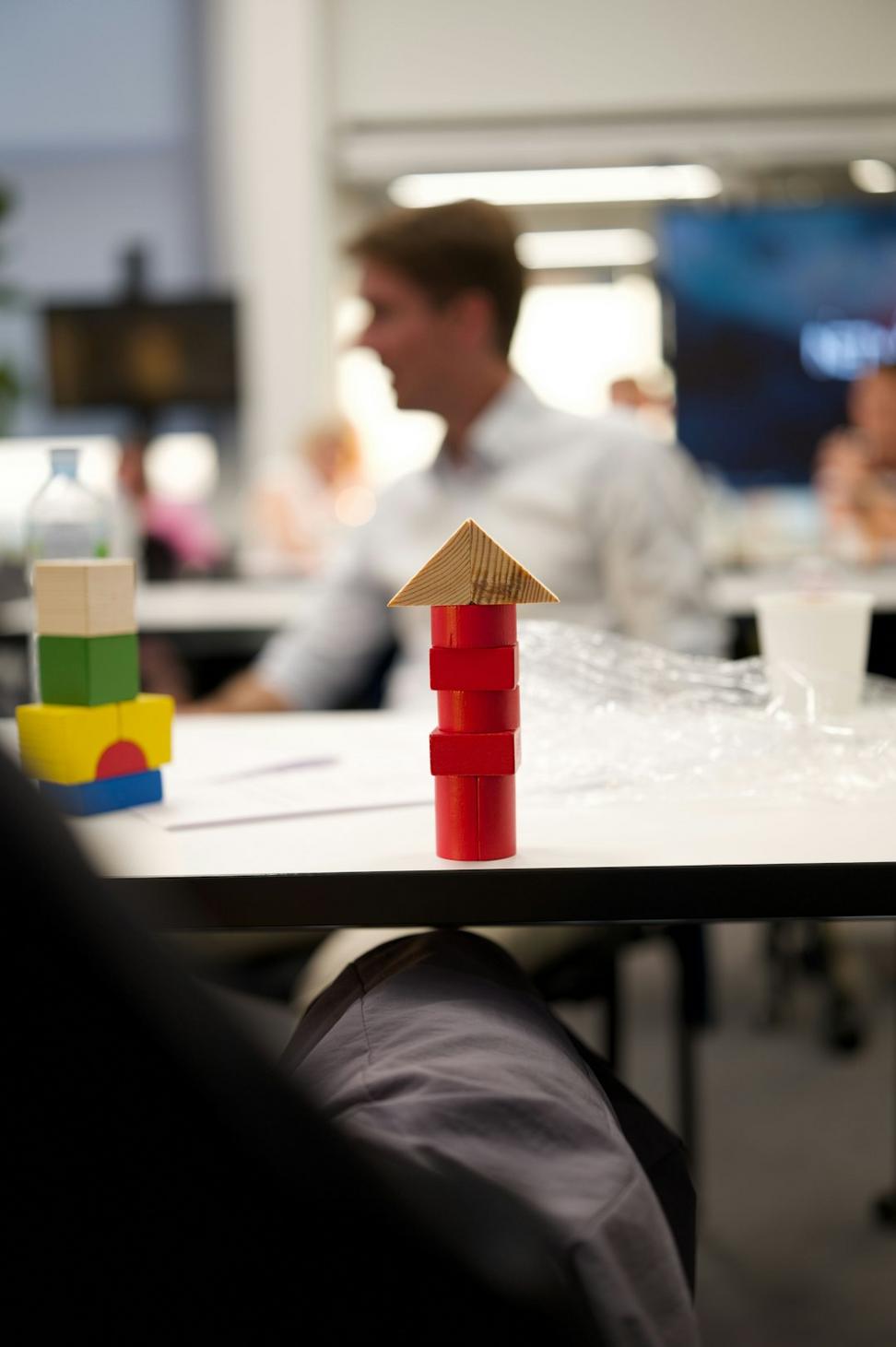
Why We Actually Care About This Stuff
About seven years ago, I was working on a downtown condo project that was basically a glass box with zero thought given to solar gain. The cooling bills for the residents ended up being insane - and honestly, that stuck with me. It felt like we'd failed them.
Since then, we've made sustainability a core part of how we think, not just a checkbox to tick for certification points. Yeah, we've got the LEED APs on staff and we know the metrics backwards and forwards, but it's really about designing buildings that just make sense for the people using them and the environment they're sitting in.
Toronto's climate is tricky - we get brutal winters and some seriously humid summers. Cookie-cutter green building strategies from California or Europe don't always cut it here. You've gotta know your context.

